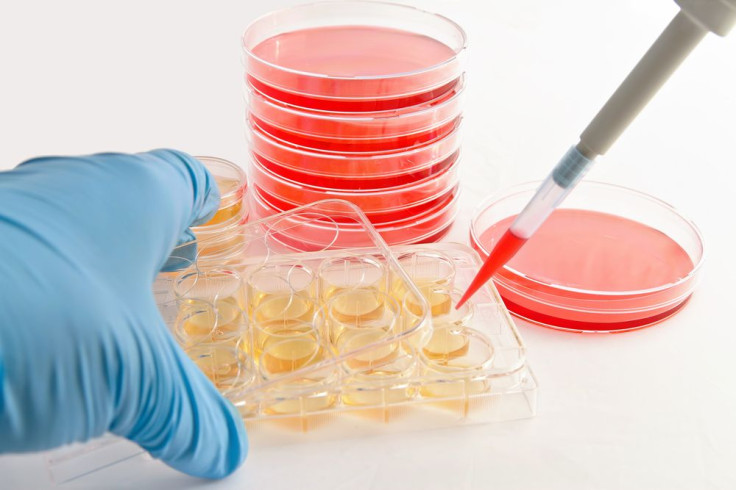Regenerative Medicine Breakthrough Sees Scientists Rebuilding Immune Organ

British scientists announced on Wednesday the first-ever regeneration of an organ in a living animal, a breakthrough that could help transform personalized medicine and cut mortality for some of society’s biggest killers.
Dr. Clare Blackburn, a researcher at the University of Edinburgh, told reporters that she and her team were able to fully restore the thymus — an organ that produces important immune cells — of very old lab mice.
"By targeting a single protein, we have been able to almost completely reverse age-related shrinking of the thymus," she said, speaking to Reuters. "Our results suggest that targeting the same pathway in humans may improve thymus function and therefore boost immunity in elderly patients, or those with a suppressed immune system."
The study, published in the journal Development, shows how increasing levels of the protein FOXN1 can instruct stem cell-like cells to rebuild the organ. After the treatment, the regenerated thymus was similar in structure to that of a much younger mouse, with many key functions fully restored. For example, the mice were producing significantly higher amounts of T-cells — white blood cells that fend off infections.
Rebuilding Organs
The new technique follows in a growing series of breakthroughs in regenerative medicine. Last year, a Japanese research lab announced that they’d successfully grown a functioning human liver from stem cells. Similarly, in a recent study from Columbia University Medical Center, researchers show stem cells can be converted into functioning lung and airway cells.
According to the authors, the new technique could inspire a range of new therapies. For example, targeting the FOXN1 protein in older people may help offset immune deficiencies associated with age-related deterioration of the thymus. It could also help patients with DiGeorge syndrome — a genetic disorder that keeps the thymus from developing properly.
“One of the key goals in regenerative medicine is harnessing the body’s own repair mechanisms and manipulating these in a controlled way to treat disease,” Dr. Rob Buckle, head of Regenerative Medicine at the UK Medical Research Council, told reporters. “This interesting study suggests that organ regeneration in a mammal can be directed by manipulation of a single protein, which is likely to have broad implications for other areas of regenerative biology.”
Source: Bredenkamp N, Nowell CS, Blackburn CC. Regeneration of the aged thymus by a single transcription factor. Development. 2014.



























